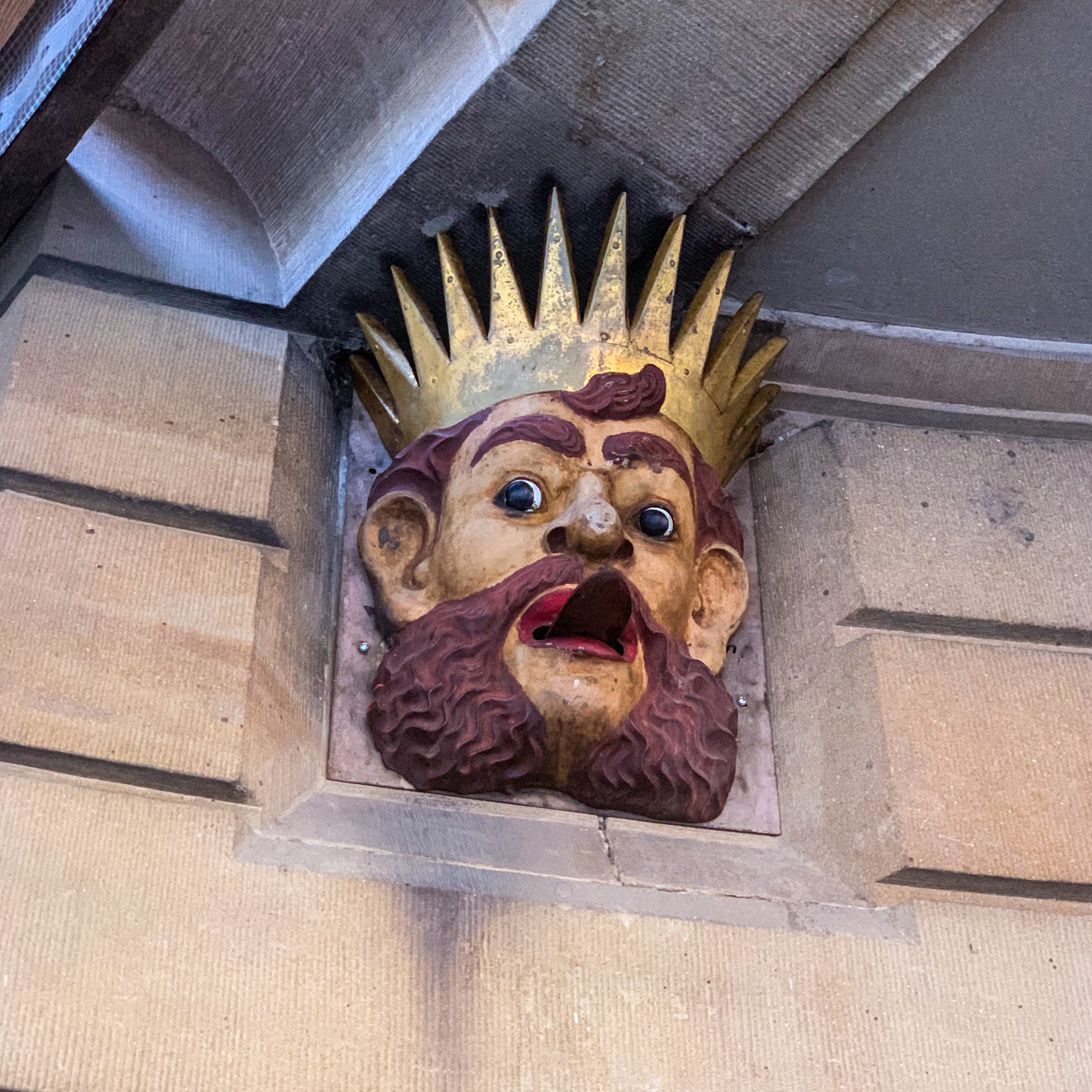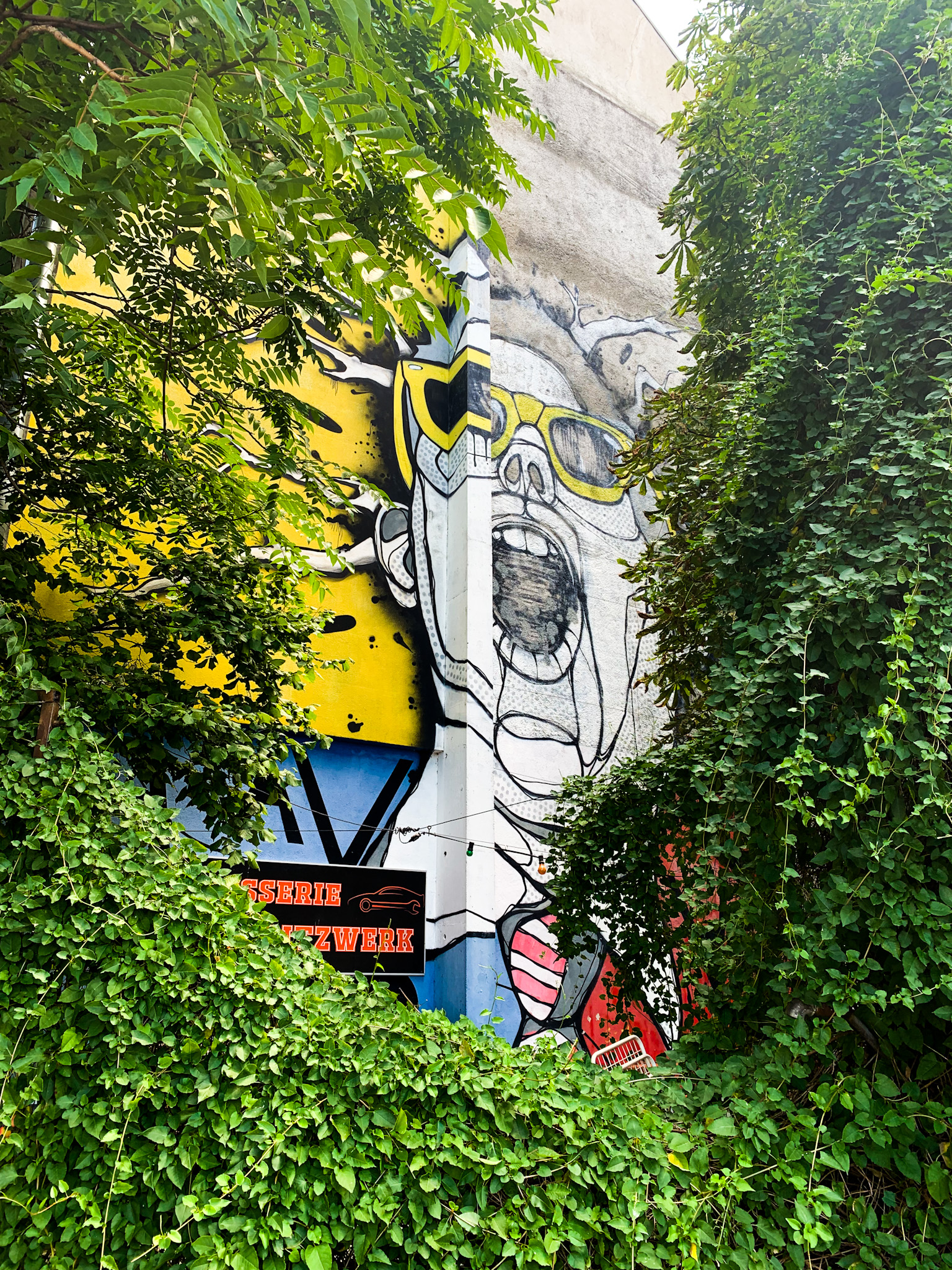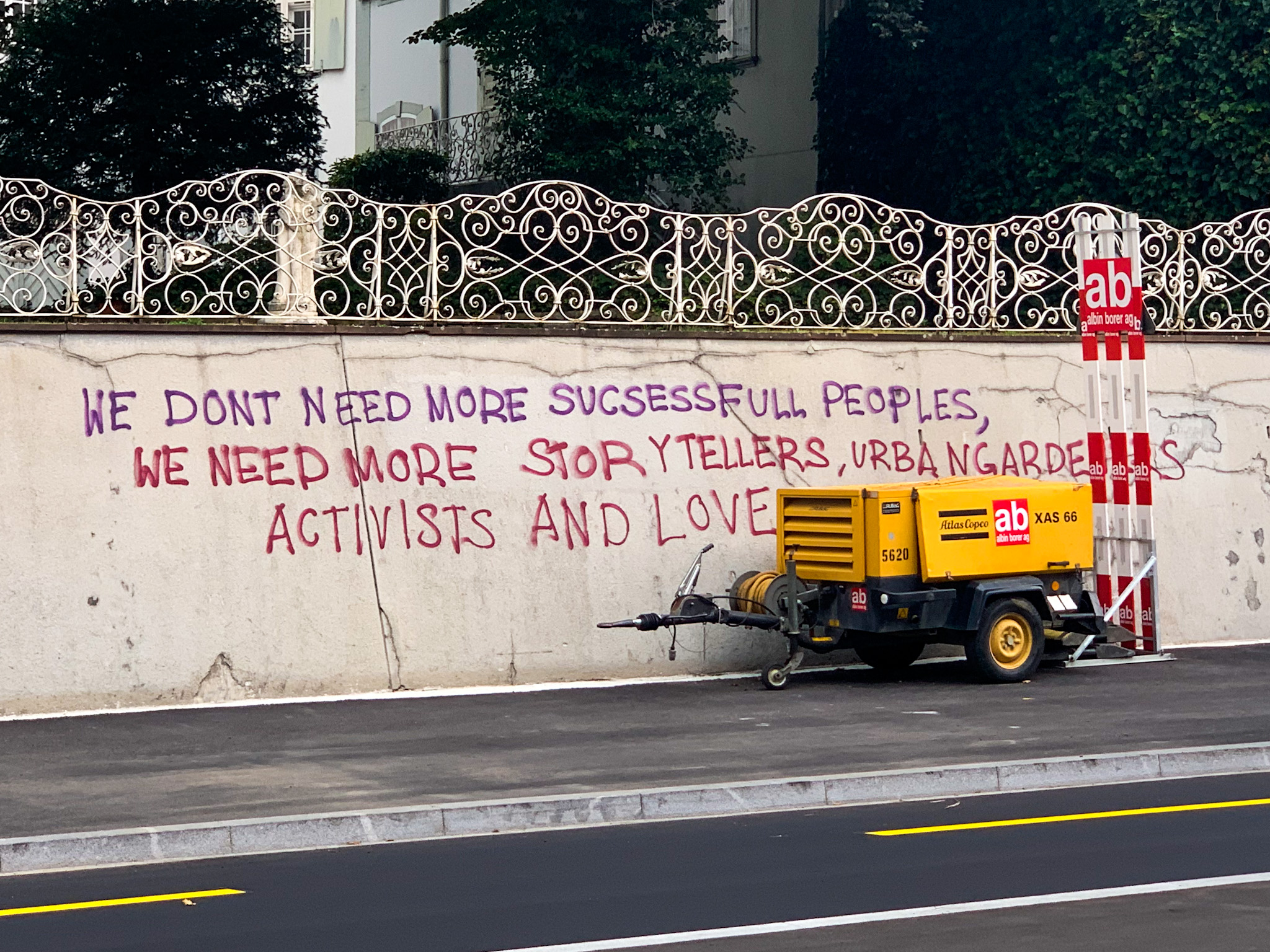STSM Contribution by Sergios Strigklogiannis
Architect / Ph.D. Researcher – National Technical University of Athens

Basel / Photo @SergiosStrigklogiannis
The idea of Urban Mythology started in Athens, a city where history, myths, but also critical urban issues coexist, and it is imagined as a wider project that would concern the creation of an Atlas of Urban Mythology in which urban challenges of different cities are narrated through local stories, legends, and tales.
Through myths, the intent is to explore some of the most pressing urban problems, on the belief that narratives help in revealing otherwise invisible, diverse imaginaries and in understanding complex contemporary urban realities.

Basel / Photo @SergiosStrigklogiannis
Through the Short Term Scientific Mission of ‘Writing Urban Places’, the research was brought to the city of Basel in order, on one hand, to get acquainted with local myths and the way they are visible in the city, and on the other to analyse how the main narratives (and counter-narratives) are connected with certain urban issues of the city.
The research focus was inspired by the rivalry between two parts of the city Kleinbasel and Grossbasel which has its roots in certain historical events and is dramatized in its public spaces (photo 1) and in local folklore stories and myths. Kleinbasel and more particularly certain neighborhoods such as Klybeck seem to break the dominant image of the city and dispute its narrative as projected in Grossbasel’s urban environment. In this colorful, multicultural, and less privileged part of the city, invisible poverty, spatial injustice, alternative imaginaries, and above all the threat of gentrification seem to coexist.
Nevertheless, focusing on Klybeck aim of Urban Mythologies is to reveal its invisible urban issues and bring into light the counter-narrative that its inhabitants create through the alternative appropriation of their neighborhood (Photo 2), which seems to transform its public spaces into stages of everyday-life theatricalities.

Basel / Photo @SergiosStrigklogiannis